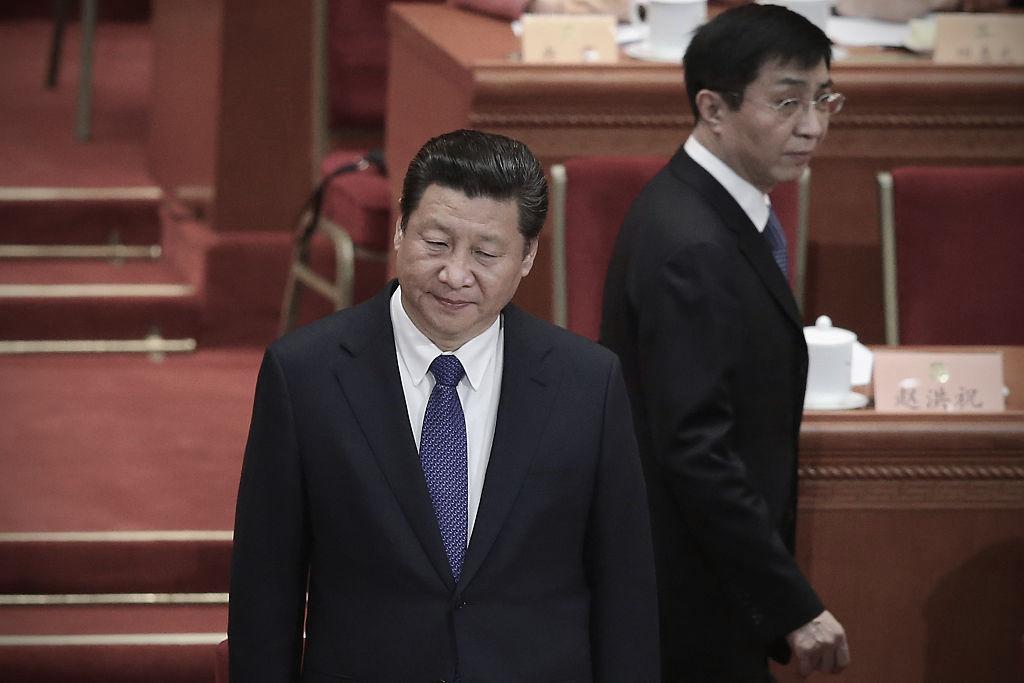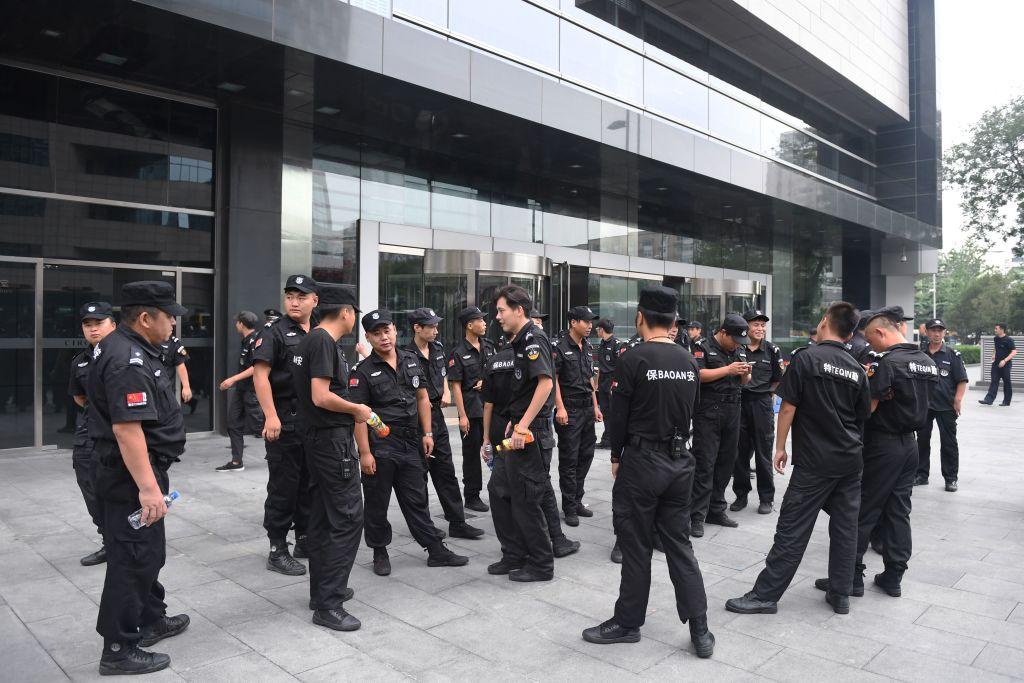WASHINGTON—A resolution aimed at preventing organ transplant operations from becoming “a profitable tool in a cold genocide” was presented at an annual meeting of the American Medical Association in Washington on Nov. 11.
Supporters hope that the medical community can follow the example of the U.S. Congress, which has passed a resolution calling for a stop to forced organ harvesting from prisoners of conscience.



